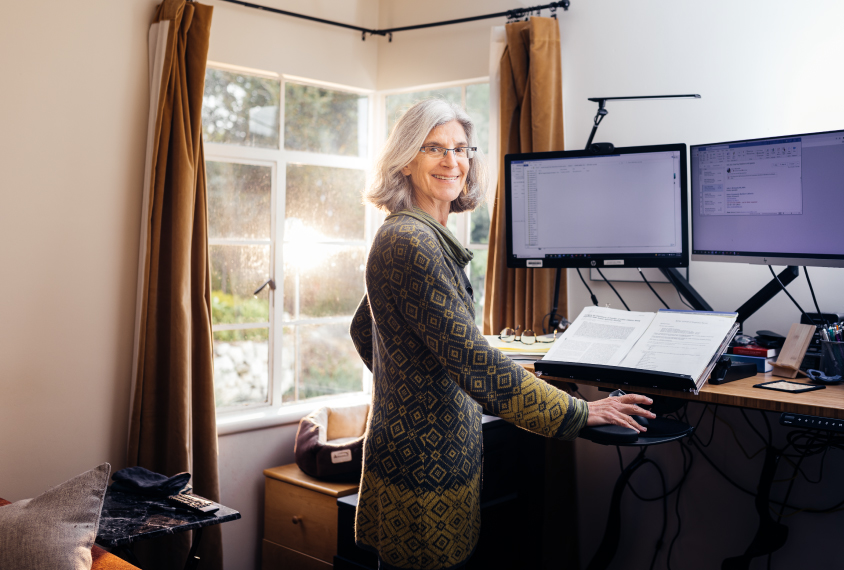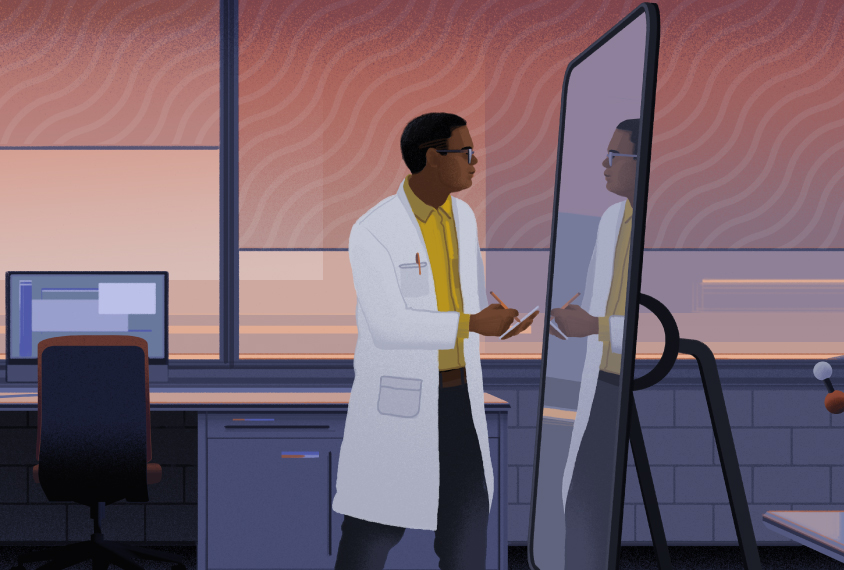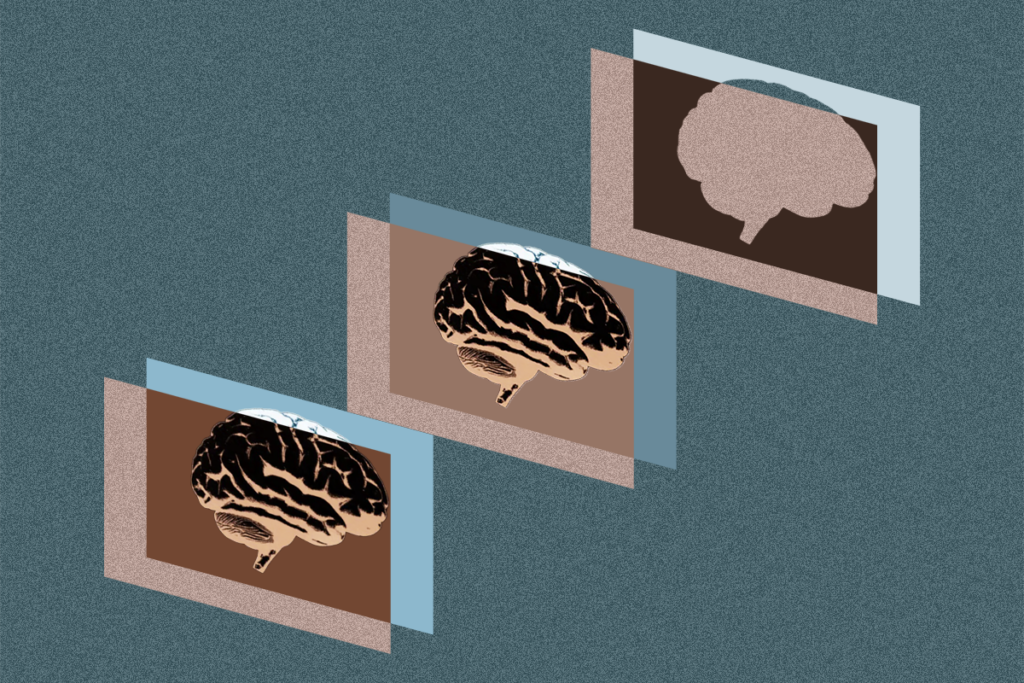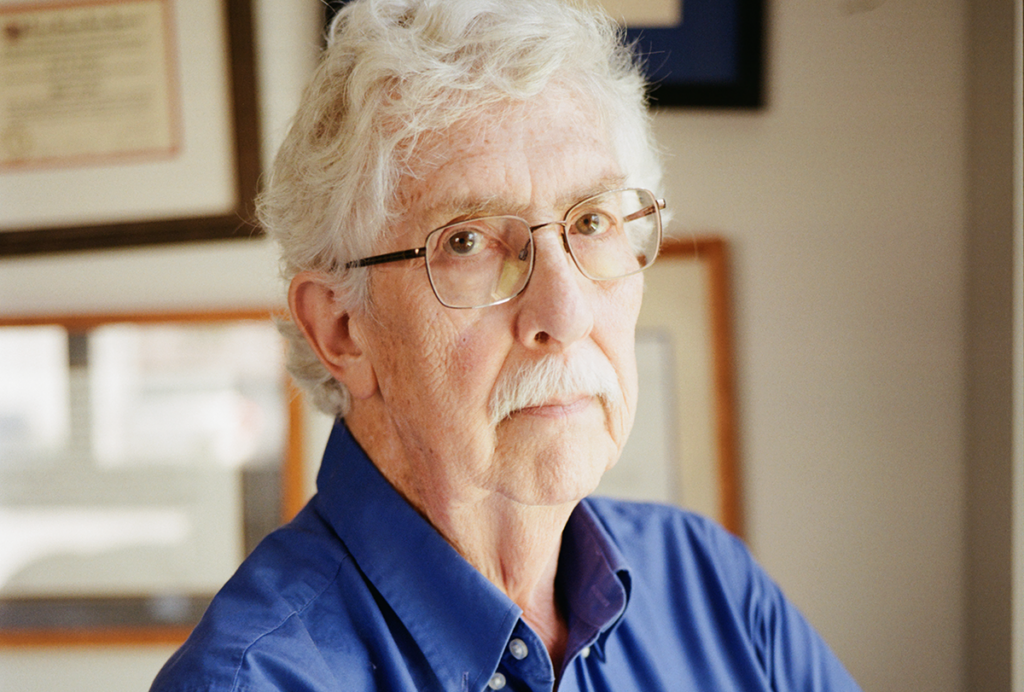Rachel Nuwer is a freelance science journalist who contributes to outlets such as the New York Times, Scientific American and New Scientist. She writes news articles for Spectrum. She lives in Brooklyn.
Rachel Nuwer
Contributing Writer
Spectrum
From this contributor
Lisa Croen: Autism’s first dedicated epidemiologist
Inspired by watching her autistic nephew grow up, Croen has also been an advocate for bolstering research and services for autistic adults.

Lisa Croen: Autism’s first dedicated epidemiologist
Finding strengths in autism
Autism comprises a set of difficulties, but growing evidence suggests that certain abilities also define the condition.
Meet the autistic scientists redefining autism research
Growing ranks of researchers on the spectrum are overcoming barriers — from neurotypical bias to sensory sensitivities — to shape autism science.

Meet the autistic scientists redefining autism research
Growing old with autism
For many autistic adults, the golden years are tarnished by poor health, poverty and, in some cases, homelessness. Their plight reveals huge gaps in care.
Mouse study links gene to some autism symptoms
Mice missing a gene called PTCHD1 in a deep-seated brain structure have autism-like symptoms that ease with treatment.
Explore more from The Transmitter
Exclusive: Recruitment issues jeopardize ambitious plan for human brain atlas
A lack of six new brain donors may stop the project from meeting its goal to pair molecular and cellular data with the functional organization of the cortex.

Exclusive: Recruitment issues jeopardize ambitious plan for human brain atlas
A lack of six new brain donors may stop the project from meeting its goal to pair molecular and cellular data with the functional organization of the cortex.
How pragmatism and passion drive Fred Volkmar—even after retirement
Whether looking back at his career highlights or forward to his latest projects, the psychiatrist is committed to supporting autistic people at every age.

How pragmatism and passion drive Fred Volkmar—even after retirement
Whether looking back at his career highlights or forward to his latest projects, the psychiatrist is committed to supporting autistic people at every age.
The brain’s quiet conductor: How hidden cells fine-tune arousal
New research published today suggests that the pericoeruleus acts as a kind of micromanager of arousal, selectively inhibiting different subgroups of locus coeruleus neurons depending on the behavioral context.
The brain’s quiet conductor: How hidden cells fine-tune arousal
New research published today suggests that the pericoeruleus acts as a kind of micromanager of arousal, selectively inhibiting different subgroups of locus coeruleus neurons depending on the behavioral context.


